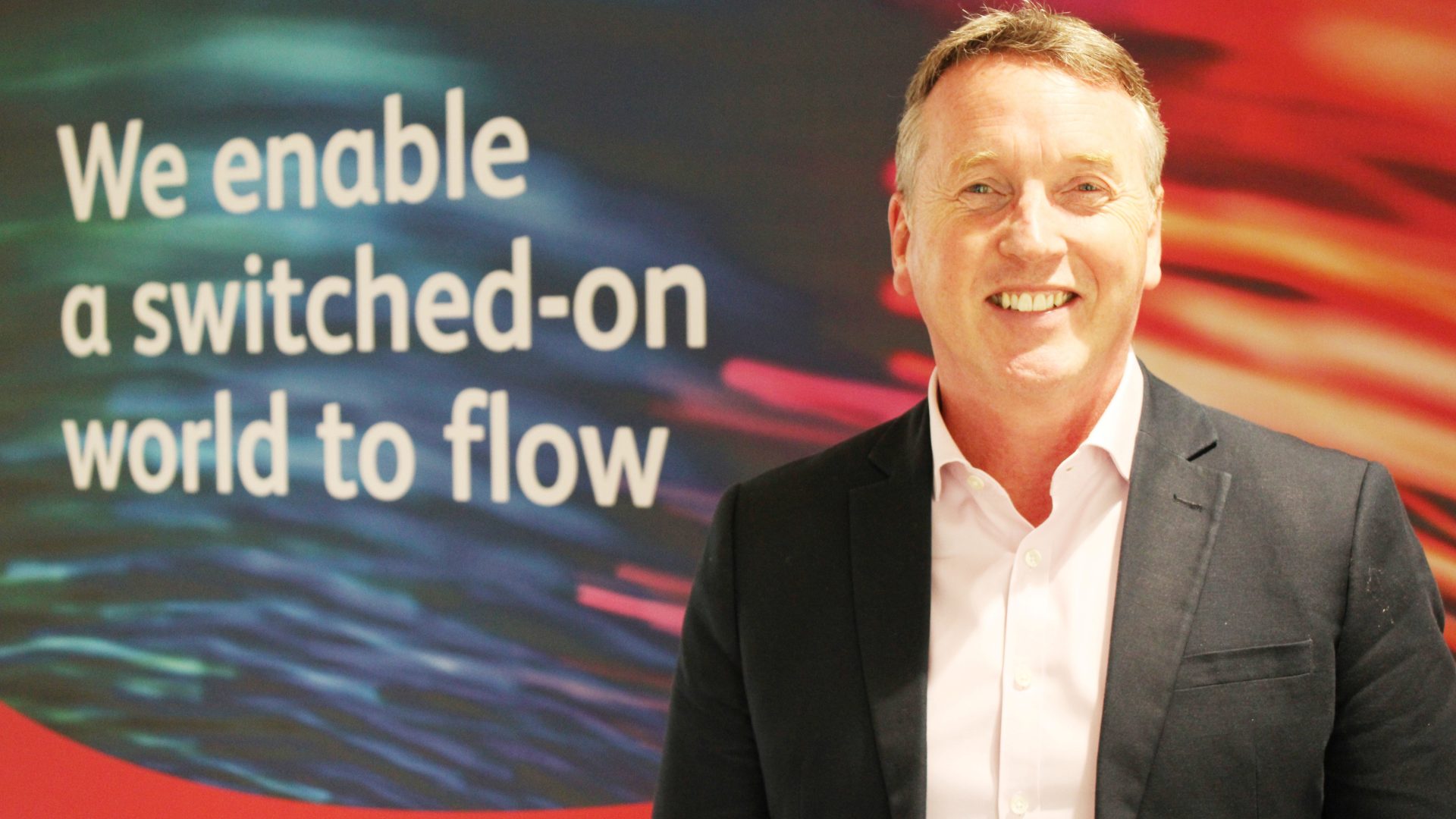By 2050, England is going to need more than 3.4 billion additional litres of water per day. That’s a 23% increase on today’s levels. However, 3.2 billion litres of water are lost from leaking infrastructure each day, enough to fill 1,237 Olympic-sized swimming pools. If this leakage could be significantly reduced, then a considerable degree of the deficit issue will be resolved.
Tackling this threat requires a unified approach, both from providers and consumers. Since the 1990s, the water industry has managed to reduce leakage levels by a third, with water companies committed to cut leakage by a further 16% by 2025.
But the game isn’t won yet. So, what further improvements can we expect to see, and importantly, how do we go about realising them?
Leveraging data and insights
Smart water meters have been proven as an effective weapon in the fight to tackle water wastage, with a concerted effort to adopt solutions by many water providers. Through smart water meters, water companies can harvest more data reducing the time it takes to detect leaks and providing an opportunity to engage directly with consumers to resolve issues.
When you consider that the average person uses 142 litres of water per day, a solution that can accurately capture and frequently communicate data on usage levels – and can translate that data into valuable insights indicating where savings can be made – is incredibly useful for provider and consumer alike.
There are two separate approaches to gathering this important data.
The first, and one that has been adopted by many water companies, is the deployment of Advanced Metering Infrastructure meters (AMIs). An AMI-based solution is almost orchestral in nature and combines smart meters, data management systems and communications networks, providing regular readings that provide a Data-as-a-Service approach for water companies.
The data that AMIs provide – when layered with artificial intelligence (AI) – allow water companies to turn insights into actions. With updates coming typically on an hourly basis, whether it’s a burst pipe or leaky toilet, AMIs provide water companies with an opportunity to identify problems more quickly thus reducing the leakage incurred and mitigating any resulting damage or waste.
The alternative is Advanced Meter Reading (AMR) meters. Some companies will send out fitted vans, while others have attached reading technology to dustbin lorries. While these short-range radio connection meters are an improvement on the ‘dumb’ meters, they lack the real time insights offered by AMI, limiting the water company’s ability to analyse behaviour and identify leaks quickly.
Delivering societal benefits
If the data isn’t acted on, then its value diminishes. While water companies certainly must play their part in addressing wastage, the growing consensus is that the problem won’t be fully overcome unless consumers also contribute to the effort. Research by Waterwise reveals that the vast majority of people underestimate how much water they use on a daily basis and how their behaviour can be changed slightly to make a significant difference in driving down average consumption levels.
Fortunately, with AMI meters in their arsenal, water companies are well equipped to address this. The data harvested by the meters is crucial to starting a two-way conversation between company and customer, enabling customers to get real time access to their water usage levels and alter their habits accordingly.
There are huge potential benefits to the widespread adoption of AMI meters for society. The recent independent research conducted by Frontier Economics and Artesia shows that over a 30-year period smart metering would deliver £4.4 billion in benefits, against a cost of £2.5 billion to roll out. Every £1 spent on metering translates to an environmental benefit of £1.73 for society, the industry and the consumer. The lower costs are for water companies, the lower they should be for consumers.
Sustainable solutions
Alongside the financial benefits, AMI meters have a crucial part in the fight against climate change. The less water that is lost in the network means the less water needs to be abstracted. In turn this reduces the amount of energy expended and the burden on water companies to ensure that they meet future demand. According to research from Waterwise and Arqiva, fitting one million AMI meters in the UK every year for the next 15 years could reduce the UK’s current greenhouse gas emissions overall by up to 0.5%.
The benefits of AMI meters and their ability to provide reliable, frequent data to drive insight driven action, are proven to be working today and plain to see. The task at hand however is inserting them into the wider environmental conversation and ensuring that they are part of the public consciousness and garner universal acceptance. AMI meters provide the means and reason to engage proactively with consumers to resolve leaks and identify opportunities to reduce consumption, helping to plug the gap in water scarcity.



